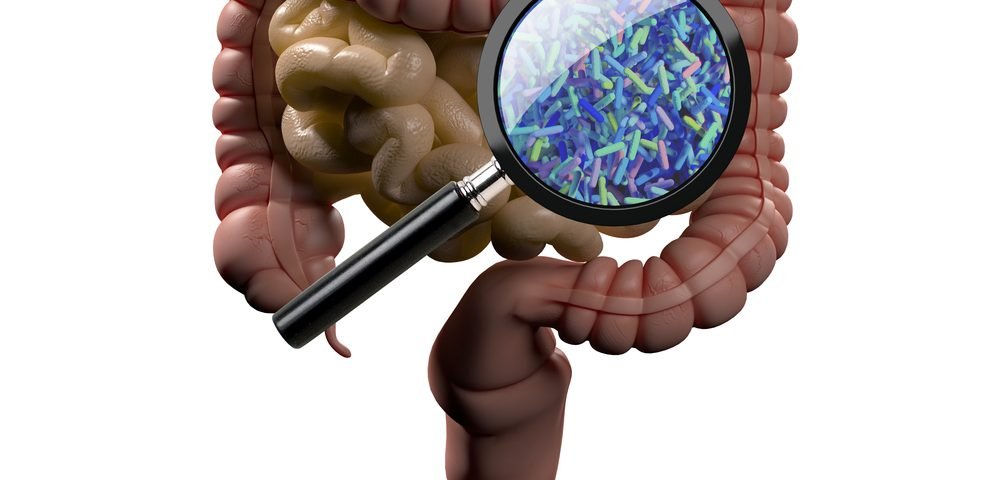Urolithin A (UroA), a molecule produced by gut microbes, and its made-in-the-lab version, UAS03, alleviated and prevented symptoms of inflammatory bowel disease (IBD) in a cell and animal study.
In the study, “Enhancement of the gut barrier integrity by a microbial metabolite through the Nrf2 pathway,” published in Nature Communications, researchers used IBD cell lines and a mouse model for ulcerative colitis to assess the compounds’ beneficial effects.
Inflammatory bowel disease (IBD), as one of its two main forms, ulcerative colitis and Crohn’s disease, affects millions of people worldwide. Currently there is no cure, and long-term treatments are often inefficient.
IBD patients have chronic inflammation and alterations in the gut barrier — a layer of cells that protects the gut from external agents and is formed by proteins that create seals, called cell junctions, between each other. Some IBD treatments focus on reducing the inflammatory response, but there are no treatments capable of improving gut permeability.
Imbalances in the gut microbiota can lead to inflammation and reduced production of cell junction proteins, leading to IBD. Moreover, some substances (called metabolites) produced by the microbiota are related to disease development.
A diet rich in pomegranates and berries has been linked to health benefits; these fruits contain substances called polyphenols that are processed by the microbiota to produce beneficial metabolites.
Researchers at the Institute for Stem Cell Biology and Regenerative Medicine (inStem), Bangalore, India, and Kentucky’s University of Louisville studied UroA, a small molecule produced by the gut microbiota from the processing of polyphenols.
The researchers also developed UAS03, an artificial version of UroA that has enhanced activity and stability.
UroA and UAS03 reduced IBD symptoms by decreasing inflammation and promoting the expression of cell junction proteins. This effect was observed in IBD cells and mice with ulcerative colitis.
“The general belief thus far in the field is that [derivatives of polyphenols] have a beneficial effect only through their anti-inflammatory property. We have for the first time discovered that their major mode of function is repairing the gut barrier dysfunction,” Rajbir Singh, a postdoctoral fellow at the University of Louisville, said in a press release.
Furthermore, the molecules served as a therapy and a preventive treatment. The substances reduced symptoms such as shortening of the colon, gut permeability, and inflammation in mice with ulcerative colitis that received the treatment orally. Furthermore, mice treated before the symptoms appeared never developed ulcerative colitis.
“Restoring the gut barrier and reducing the inflammation using a small molecule will provide a better therapeutic output in the treatment of IBD,” said Praveen Kumar Vemula, research investigator at inStem and senior author of the study. “A synthetic analog overcomes the stability limitation that a microbial metabolite poses, thus enhancing the efficacy.”
Two of the study’s authors are establishing a start-up to investigate the therapeutic applications of the synthetic molecule UAS03 in the treatment of IBD. They hope to file an investigational new drug application with the U.S. Food and Drug Administration (FDA).
“[The] most potent synthetic analog of UroA developed here could be a potential new chemical entity to mitigate IBDs,” said Taslimarif Saiyed, from the Centre for Cellular and Molecular Platforms and contributing author of the paper.

